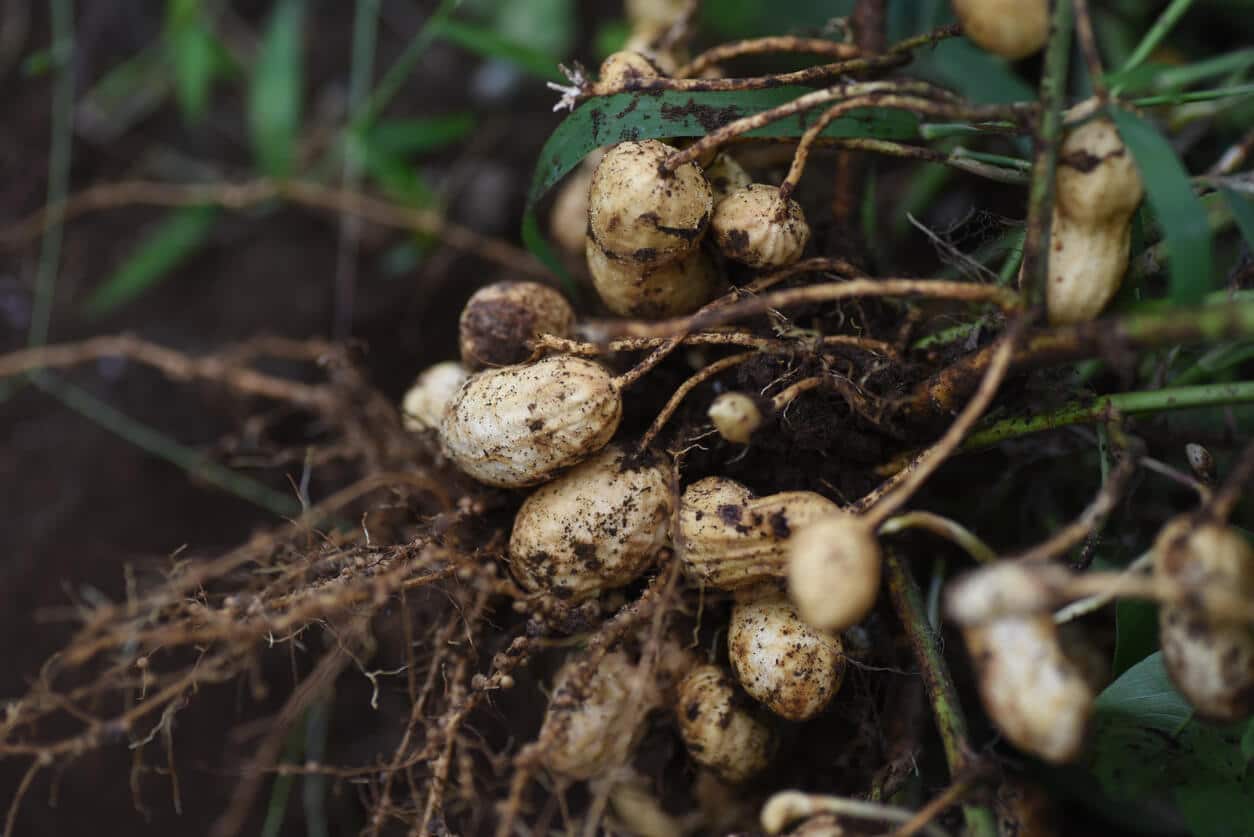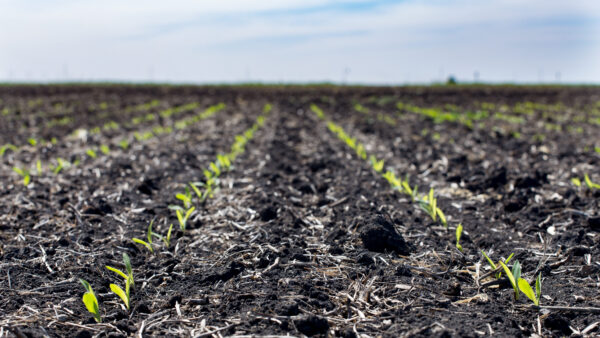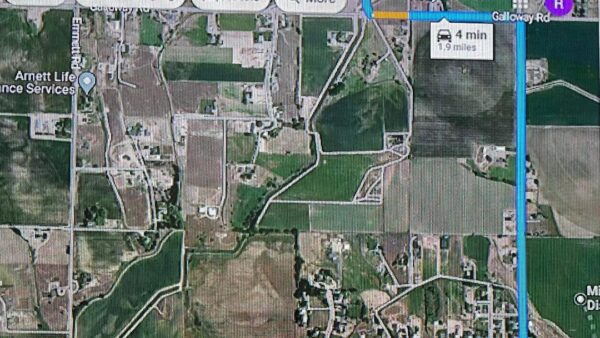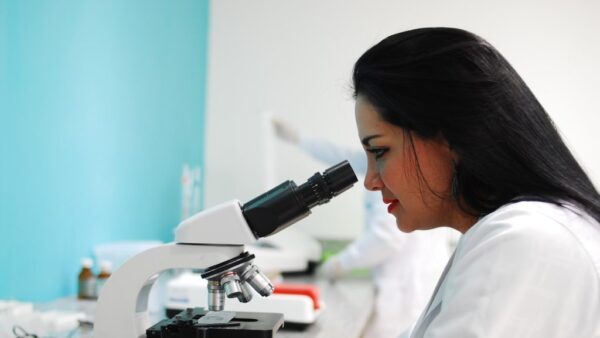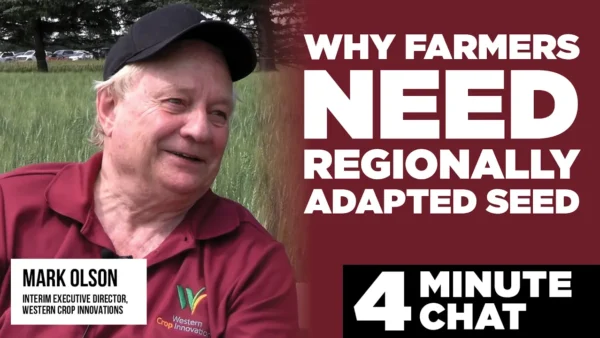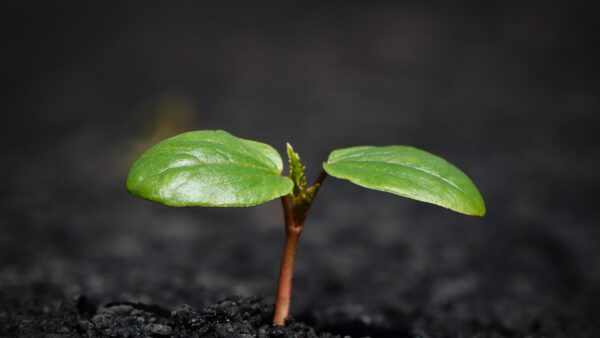AFSTA outlines its role in providing the voice of the seed industry in Africa.
Prior to the year 2000, the African continent did not have an umbrella body that could collectively be the voice of the seed industry. Something had to be done about it. Hence, after several meetings and consultations among key seed stakeholders, the African Seed Trade Association (AFSTA) was born. Its mandate from the start was clear: to promote the seed trade to improve the seed supply to farmers by advocating an enabling environment to address the issues affecting seed trade at the national, regional and international levels. That was 20 years ago.
Today, what began with a single soul at the Secretariat has grown with leaps and bounds, recording unimagined milestones as it possesses a large footprint on the African seed industry.
Nothing summarizes the beginning of the association than what the Founding President of AFSTA, Nathaniel Tum said recently: “Looking at the growth of the African Seed Trade Association, I cannot help but compare it to a famous Ibo story that narrates the story of a young man who grew like a yam tendril planted during the rainy season.”
Tum gave a keynote address at the AFSTA Congress 2020 in Livingstone, Zambia, in March 2020 as the delegates celebrated its 20 years of existence.
Our Management
The management is composed of the Executive Committee that comprises of the current president, vice-president, past president, and seven board members from different geographical regions of Africa and two from outside Africa. The AFSTA Secretariat, which has six staff members, is located in Nairobi, Kenya.
Given that the association operates under focused interventions, various committees have been formed. These include Communication and Advocacy (with a sub-committee on Plant Biotech Communication and Advocacy); Partnership and Member Services; Audit; and Plant Breeding Innovation and West Africa — to address issues related to the African seed industry. The journey has seen AFSTA facilitate initiatives that have supported seed companies to consistently produce and trade high quality certified seed in Africa.
Charisma, they say, takes you into the house, but add credibility and it makes you stay in the house. Indeed, our credibility and consistency have worked ways for us to the top. Today AFSTA is recognized as the apex body that bears the face of African seed industry.
AFSTA’s approach focuses on working in partnership with research institutions, regional economic communities, seed experts, governments and development partners to improve access to quality seed by farmers in Africa. There is foreseen investment in the current running initiatives as well as focus on strengthening the use of quality seed for better yields.
Bringing Members Together
Many seed people have found value in the AFSTA annual congress and they find it hard to miss each March. It is held on a rotational basis from one country to another around Africa. The congress has remained a key annual event on the calendar of the African seed industry. It offers unique opportunities for enhancing existing business relationships and creating new ones. It has also remained a major networking avenue for members and non-members. The congress provides an avenue for the members to meet and cut business deals. For this reason, the trading tables offered at the congress are always full to the brim with various seed companies acknowledging that they leave the congress with a handful of orders from one another and from various parts of the world. The seed associations’ meeting session allows members to share experiences on what they do at national level to promote seed trade in their country.
Further to that, the Annual General Meeting is held within the precincts of the congress where plans and budgets for the next 12 months are discussed and agreed upon. Here the audited financial report is discussed, and all issues resolved paving way for the upcoming years’ expenditure.
Membership
Currently, AFSTA has a membership comprising of 27 National Seed Trade Associations (NSTAs), with an individual seed company membership of about 120 in total. These members come from all over the world.
Partnerships
AFSTA’s 2017 – 2022 strategic plan is a blueprint for improvement in the provision of member services with a priority focus on promotion of plant breeding, intellectual property protection and advocacy on removing seed trade barriers. AFSTA seeks to build on COMESA’s success of Harmonizing Seed Trade Regulations and expand this regionally.
The strategic plan has, in a nutshell, brought home a lot of achievements. To begin with, the board has been reawakened to the fact that the bedrock of success is in strengthening the board committees. We therefore made deliberate efforts to ensure that the committees increased the quantity and quality of their activities and engagements. This has yielded several success along the line, not to leave behind the vigor of the two Special Interest Groups (SIGs) on vegetables and field crops.
The association has enhanced its voice on intellectual property rights protection (IPR). This has led to the revision of the AFSTA position paper on IPR adopted by the AFSTA General Assembly in March 2019. Some highlights include:
- Promotion of plant breeding innovation (PBI), which took a central role during this period with the adoption of a position paper on PBI by the AFSTA General Assembly in March 2019;
- Advocacy on removing trade barriers and promote seed technology
- Engagement with the regional economic communities to advocate for enabling environment for the seed business;
- Our improved collaboration with the African Union has been very visible with the association going out of its way to work with the continental body in the development of 2020, 2030 action plan on the Africa seed sector development program;
- Collaboration with the African Union Inter-African Phytosanitary Council (AU-IAPSC) on seed phytosanitary measures in Africa. By following guidelines on the strategic plan, AFSTA has created awareness, understanding and sensitization of the seed stakeholders on International Treaty on Plant Genetic Resources for Food and Agriculture the Treaty (ITPGRFA) through the mass media.
Contributions to the implementation of the harmonized seed trade regulations in Africa’s Regional Economic Communities (RECs) — i.e. the Common Market for Eastern and Southern Africa (COMESA), the Southern African Development Community (SADC), the Economic Community of West African States (ECOWAS) and the East African Community (EAC) — includes strengthening partnerships with national seed trade associations, global seed industry players and regional institutions.
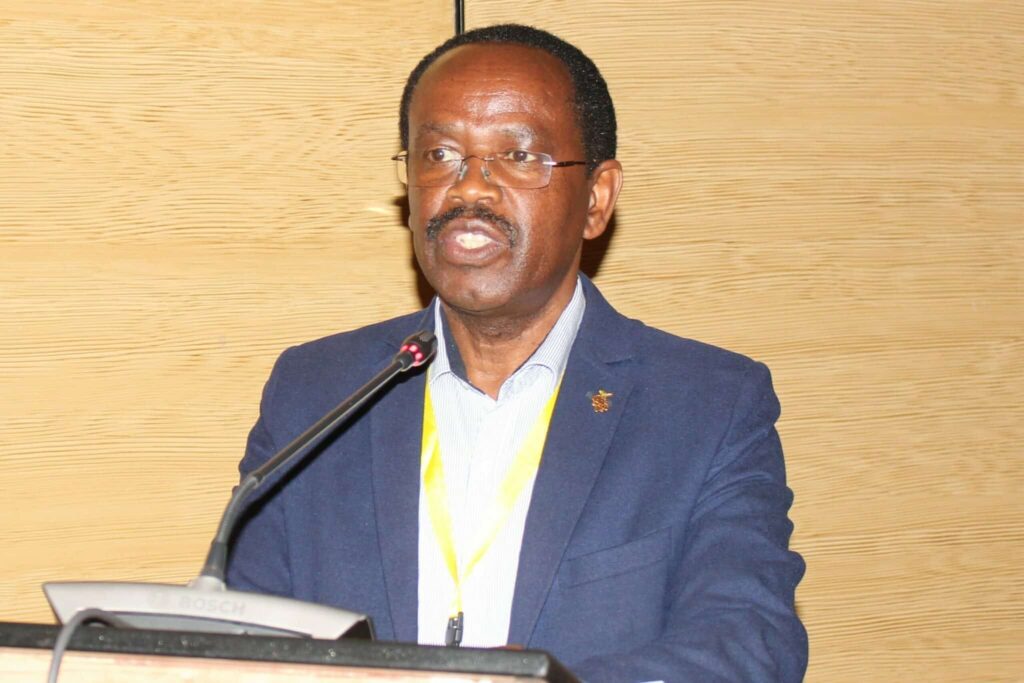
On Biotechnology
AFSTA has been at the forefront of negotiating with various seed stakeholders and regulators to allow for biotechnology adoption under clear biosafety systems. The association applauds various efforts being undertaken by governments to address issues of food security, but more needs to be done. A case in point, and which needs more partnership, is the fact that African countries have begun to commercialise Bt. cotton (Kenya, Malawi and Nigeria), Bt. maize (Nigeria) and Bt. Cowpea (Nigeria). All these happened in 2019. We hope more governments will adopt this trend and allow for commercialisation of diversified crops.
From our work with various national seed associations over the past seven years, farmers and a majority of seed companies support biotechnology. In Malawi and Burkina Faso, as cases in point, the Seed Trade Association of Malawi (STAM) and National Seed Trade Association of Burkina Faso (ANES-BF) have continued to throw their weight behind ongoing calls by researchers to the government to commercialize genetically modified foods in the country. They say the technology is crucial to help farmers deal effectively with pest attacks and the impact of climate change which will help accelerate the development of the agricultural sector.
Special Interest Groups of AFSTA
AFSTA is obliged to offer service to its members and the establishment of the Special Interest Groups (SIGs) was a step towards achieving that. It was gratifying to see AFSTA members embrace overwhelmingly the SIGs initiative, on its launch seven years ago, with the registration of the first 30 members.
Numerous benefits that membership to Special Interest Groups at AFSTA accrue include provision of a forum, which brings together members with interests in specific crops. Second, the forum provides a limitless resource in terms of sharing of seed trade knowledge and experiences; exploring seed business opportunities, addressing seed policy issues through group action and access to impartial seed information. Others include leveraging on policy change that enables seed business and finally being part of the team raises AFSTA’s visibility.
The Multilateral System (MLS) and the Standard Material Transfer Agreement (SMTA) on access and benefit sharing (ABS), under the ITPGRFA, have been a key concern for this group. Add to it low adoption of seeds of improved varieties, market attraction of sorghum and millet plus slow variety release processes in various countries, then you have an almost full plate of issues to tackle.
Time and again, the group has raised concerns regarding plant variety protection with international bodies such as the African Regional Intellectual Property Organization (ARIPO), Organisation Africaine de la Propri√©t√© Intellectuelle (OAPI) and the International Union for the Protection of New Varieties of Plant (UPOV). The work of Africa regional trade blocs, especially in facilitating seed trade, has been at the core of this group’s menu. There is discomfort raised over the slow implementation of regional harmonized seed trade regulations. Last but not least, challenges on achievement of improved varieties’ potential by farmers remain in the conversation of the Sistema Integrado de Gest√£o de Fundos Comunit√°rios (SIGFC).
Other Milestones
The fact that we have continuously undertaken to execute strategic plans in the past is a clear indication that we know what we want to achieve in a planned manner. Take the case of our 2017-2020 strategic plan. In this document, we focus on:
- Advocacy on removing seed trade barriers;
- Enhancing the harmonized seed regulations in the Regional Economic Communities (COMESA, SADC, ECOWAS and EAC);
- Strengthening partnerships with national seed trade associations, global seed industry players such as the International Seed Federation (ISF), the Asia Pacific Seed Association (APSA), the European Seed Association (ESA) and regional institutions;
- Intellectual Property Rights;
- Plant Breeding Innovation.
We can now boast of consistently producing The African Seed Magazine since 2014, which goes a long way to underline our commitment to keep our members informed on the happenings in the local and global seed sector. AFSTA, through this magazine, seeks to promote Africa wide awareness and action for those who suffer from hunger and for the need to ensure food security and nutritious diets for all. We seek to work with policy makers to strengthen agricultural policy processes in Africa; improve agricultural value chains and enhance information and communication within the continent.
“It is immeasurable visibility of AFSTA’s work especially to us as national seed trade associations,” says Augusta Nyamadi, when asked to evaluate the importance of the magazine in her work as the Executive Secretary of National Seed Trade Association of Ghana (NASTAG).
The magazine provides information on seed issues and raises the vital voices of the seed sector players in Africa.
Given the huge recognition of our work, AFSTA is often invited and involved actively in key seed meetings to make the voice of African seed industry seen and heard, which include, for example, participation in international congresses such as the ISF Congress among others.
Our eight-year consistent and strategic partnership with CropLife International (CLI) to conduct sensitization and awareness creation on biotechnology in Africa has served to help African seed companies discuss and commercialise biotech in the face of progress towards commercialisation of GM seed in the continent.
Our good relations and partnership with the World Vegetable Centre have yielded into the setting up of “Africa vegetable breeding consortium” to facilitate access to germplasm.
Tackling Challenges impacting the African Seed Sector
In the words of our immediate Past President Riadh Gabsi, “African seed companies are now shining, and this tempo must be kept so that the seed sector remains vibrant and beneficial in the fight against food insecurity”. However, Africa remains the net importer of seeds, AFSTA seeks to address this scenario to facilitate increased inflows of foreign currencies in Africa.
Next Steps
According to Gabsi, for the association to scale the heights of success, there needs to be continuous advocacy for the harmonized seed regulations in the Regional Economic Communities of the Common Market for Eastern and Southern Africa (COMESA), the Southern African Development Community (SADC), the Economic Community of West African States (ECOWAS) and the East African Community (EAC).
In the coming months, AFSTA hopes to continue vouching for plant breeding innovation in Africa.
According to the new President of AFSTA, Azariah Soi, the association will be developing a new strategic plan to cover 2021 to 2026 which will continue to, among other issues, enhance social media communication with the membership.
Other issues include helping to escalate our partnerships with key organizations such as CropLife International (CLI), WorldVeg, etc. even as we advocate for a better trading environment for our membership.
As already demonstrated, enhancing the activities of SIGs, which addresses issues on these two crop groups, remains our key agenda at AFSTA.
Finally, we are open to future collaborations and partnerships which seek to improve the fortunes of seed trade in Africa and beyond because we believe in the African saying that if you want to go fast, go alone but if you want to go far, go together.



